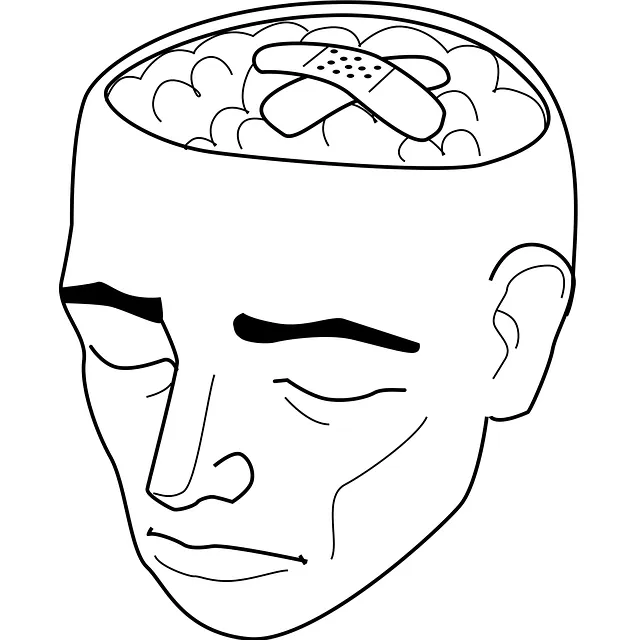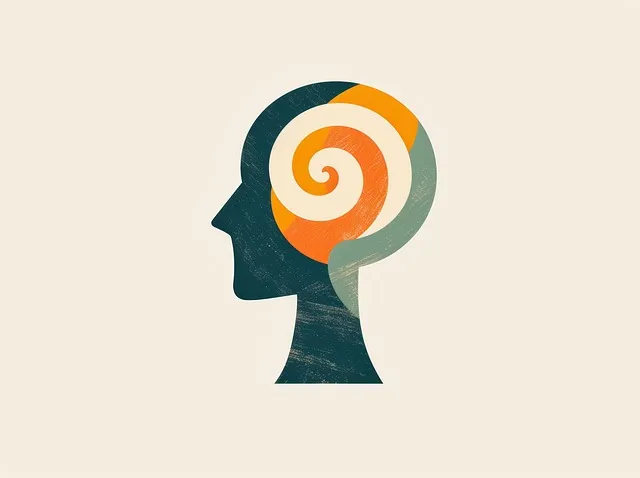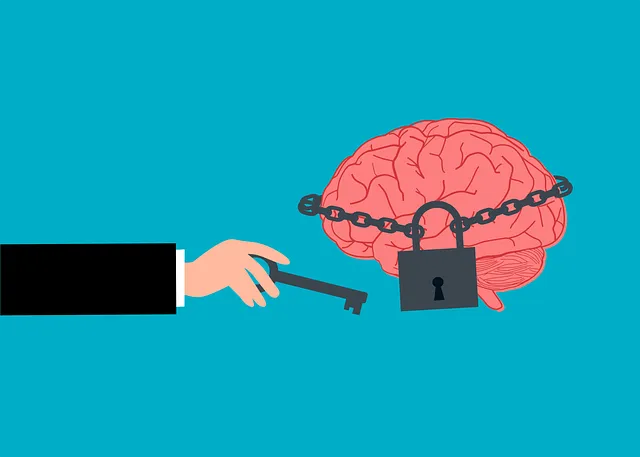Kaiser in Castle Rock addresses mental health stigma through high-quality therapy services and programs like Burnout Prevention and Depression Prevention, normalizing conversations and encouraging help-seeking behaviors. Their initiatives include educational campaigns, workshops, and support groups, fostering an inclusive community where individuals feel comfortable accessing mental health resources without fear of judgment. Measuring success involves tracking attitudes shifts, self-esteem improvements, and engagement rates, ensuring comprehensive care and confirming whether Kaiser has good therapists in Castle Rock.
Mental illness stigma remains a significant barrier to treatment, with widespread misconceptions leading to social isolation and discrimination. This article explores targeted efforts to reduce this stigma, focusing on the role of organizations like Kaiser in providing accessible therapy services in communities like Castle Rock. We delve into effective community engagement strategies and educational initiatives, while also measuring the impact of these efforts, emphasizing the importance of breaking down barriers to mental health care. Discover how these approaches contribute to a more inclusive and supportive society, ensuring individuals receive the help they need without fear of stigma or judgment.
Additionally, this piece investigates whether Kaiser’s therapy services in Castle Rock effectively address these challenges, highlighting successful outcomes and potential areas for improvement.
- Understanding the Stigma Surrounding Mental Illness: Challenges and Misconceptions
- Kaiser's Role in Reducing Stigma: Therapy Services in Castle Rock
- Effective Strategies for Breaking Down Barriers: Community Engagement and Education
- Measuring Success: Evaluating the Impact of Stigma Reduction Efforts
Understanding the Stigma Surrounding Mental Illness: Challenges and Misconceptions

The stigma surrounding mental illness remains a significant barrier to effective treatment and support. Many individuals facing mental health challenges face judgment, discrimination, and social isolation due to misconceptions and a lack of understanding about what it means to experience a mental disorder. This stigma often prevents people from seeking help, leading to prolonged suffering and potential exacerbation of symptoms. For instance, the fear of being labeled or judged by peers can discourage someone from discussing their struggles openly.
In Castle Rock, initiatives aimed at reducing this stigma play a crucial role in fostering mental wellness. Organizations like Kaiser, known for its comprehensive healthcare services, offers resources and programs dedicated to addressing depression prevention and coping skills development. By providing accessible therapy options, they contribute to breaking down the walls that isolate those with mental illness. The goal is to create an environment where individuals feel comfortable seeking support without worrying about being stigmatized, ensuring that everyone has a chance to lead healthier, happier lives.
Kaiser's Role in Reducing Stigma: Therapy Services in Castle Rock

In the fight against mental illness stigma, Kaiser plays a pivotal role with its therapy services in Castle Rock. Known for its high-quality healthcare, Kaiser offers specialized treatment options tailored to meet diverse psychological needs. The availability of good therapists in this region is a significant step towards normalizing conversations about mental health. Many individuals seeking support find Kaiser’s approach empowering; the therapeutic environment encourages open dialogue and fosters understanding.
Beyond providing direct therapy, Kaiser contributes to stigma reduction through initiatives like Burnout Prevention Strategies for Healthcare Providers and Depression Prevention programs. These efforts not only support the well-being of medical professionals but also contribute to public awareness campaigns development. By integrating mental health services seamlessly into its care model, Kaiser challenges societal norms, making it easier for patients to access help without fear of judgment or discrimination. This holistic approach ensures that individuals in Castle Rock receive comprehensive support, ultimately contributing to a more accepting and empathetic community.
Effective Strategies for Breaking Down Barriers: Community Engagement and Education

Stigma reduction efforts for mental illness often revolve around community engagement and education. By fostering open dialogues and increasing awareness about mental health in schools, workplaces, and public spaces, communities can break down barriers and promote understanding. Educational programs that offer Crisis Intervention Guidance and Social Skills Training have proven effective in reducing stigma and encouraging support-seeking behaviors. These initiatives ensure that individuals struggling with their mental health feel less isolated and more empowered to seek help.
Community outreach program implementation is another powerful strategy. Local organizations, like those found in Castle Rock, can organize workshops, webinars, and support groups to engage residents. These programs not only educate the public about various mental health conditions but also provide resources for effective management and recovery. By integrating these initiatives into existing healthcare services, communities can ensure that individuals have access to quality care, including good therapists, thereby fostering a more inclusive and supportive environment for those facing mental illness.
Measuring Success: Evaluating the Impact of Stigma Reduction Efforts

Measuring success is a critical component of any stigma reduction effort. To truly evaluate the impact of initiatives aimed at reducing mental illness stigma, it’s essential to establish clear metrics and track them over time. This could involve surveying community members before and after programs to gauge shifts in attitudes towards mental health issues. For instance, a Community Outreach Program Implementation focused on raising awareness through educational workshops might measure success by tracking changes in participants’ beliefs about individuals with mental illness, as well as their willingness to engage or support those individuals.
One effective way to assess progress is by examining improvements in self-esteem and resilience among targeted communities. Initiatives grounded in Mind Over Matter Principles can empower individuals to challenge negative thoughts and build a more positive mindset, which can significantly impact their overall well-being. Moreover, evaluating the reach and engagement of these programs—such as attendance rates at events or participation in online forums—can provide insights into the effectiveness of outreach strategies. By combining quantitative data from surveys with qualitative feedback through focus groups or interviews, stakeholders like those affiliated with local facilities offering therapy in Castle Rock can gain a holistic understanding of stigma reduction efforts’ success and areas needing further development.
Mental illness stigma reduction is a multifaceted process that requires community engagement, education, and accessible resources like those offered by organizations like Kaiser in Castle Rock. By providing therapy services and fostering open conversations, we can break down barriers and create a more inclusive environment for those facing mental health challenges. The impact of these efforts is measurable, showing improved attitudes and increased support for individuals with mental illness. As we continue to evaluate and adapt our strategies, it’s evident that collaborative actions can lead to significant positive changes in societal perception, ultimately enhancing the lives of those affected by mental health conditions. In terms of therapy, Kaiser’s presence in Castle Rock indicates a commitment to addressing these issues, ensuring access to good therapists for those who need them.






